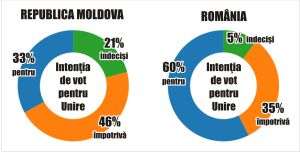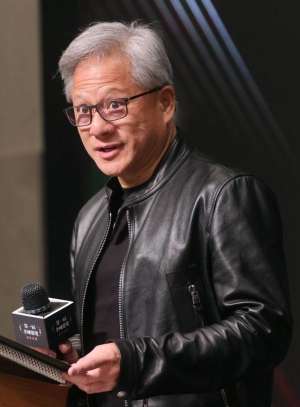Laura Codruţa Kovesi, the head of the European Public Prosecutor's Office (EPPO), is accused of "establishing a group of officials for the purpose of committing an arbitrary act that attacks the rights and freedoms guaranteed by the Constitution," according to the criminal complaint filed by Belgian lobbyist Frederic Baldan, according to an article published by the French daily France-Soir.
Known as an emblematic figure in the fight against corruption, Laura Codruţa Kovesi is accused of involvement in maneuvers that would protect the interests of Ursula von der Leyen in the face of serious allegations in the "PfizerGates" scandal. According to the cited source, Frederic Baldan and his lawyer, Diane Protat, claim that the EPPO did not respect standards of transparency and impartiality in investigating the allegations against the President of the European Commission. Thus, Baldan claims that, in the file that the European Public Prosecutor's Office has been handling since September 2022, despite the evidence presented by the civil parties, Kovesi stated that "there are no suspects" regarding the messages deleted by Ursula von der Leyen, President of the European Commission. This conclusion was considered by lawyers and civil parties as an attempt to cover up the case. Moreover, Diane Protat states that the EPPO refused access to the investigation file, violating the fundamental principles of the right to defense and judicial transparency. The cited source mentions that the complaint filed against Laura Codruţa Kovesi raises suspicions about the possible use of the European Public Prosecutor's Office to protect influential actors instead of ensuring impartiality and law enforcement.
During a press conference held at the end of last week, Baldan and Protat directly criticized the EPPO and its leadership, questioning the credibility of this institution.
"How can the EPPO claim to be investigating impartially when it refuses to examine the obvious evidence? Who is responsible for the lack of transparency in this institution that should be a bastion of European justice?", said Frederic Baldan.
Diane Protat highlighted that the EPPO's refusal to allow access to the file is a clear violation of fundamental rights. She stressed that Laura Codruta Kovesi, through her actions, has harmed both the civil parties and the image of European justice. "Will Europe be able to respond to this call for more integrated and transparent governance? We cannot hide our heads in the sand forever," Diane Protat told the cited source.
Following these accusations, France-Soir mentions that it has contacted the European Public Prosecutor's Office twice regarding possible complaints against Laura Codruta Kovesi, but Tine Hollevoet, EPPO's communications director, avoided answering the question. The "PfizerGates" scandal began with allegations against Ursula von der Leyen related to COVID-19 vaccine contracts and the deletion of text messages between her and Albert Bourla, the CEO of Pfizer. In this context, the EPPO was appointed to investigate, but its role was questioned by the parties involved.
During the hearing on 6 December 2024 at the General Court of Liège, the representative of the European Public Prosecutor's Office requested the postponement of the verdict until a decision by the Court of Appeal on procedural issues. This move was perceived as an attempt to obstruct the trial. Lawyers for the civil parties denounced this tactic, considering it an attack on the fundamental rights of the plaintiffs. They accuse Laura Codruţa Kovesi of failing to fulfill its mission to investigate impartially and of becoming a political tool that favors the protection of European officials at the expense of justice.
After the hearing on December 6, Ugo Mattei, a law professor at the University of Turin, the University of Berkeley and the University of Louvain, and a member of the non-governmental organization Generazioni Future, accused Ursula von der Leyen of lack of transparency in contract negotiations: "I deeply believe that lack of transparency is a very serious problem in Europe today." For his part, Florian Philippot, president of the Les Patriotes party, said, according to the cited source: "In one day, we have seen what the EU horror is: a coup d'etat on the Pfizer issue, which led to the postponement of the hearing."
Former MEP Rob Roos, one of the civil parties in the PfizrGates trial, told the cited source: "The trial against Ursula von der Leyen regarding the COVID-19 SMS messages with the CEO of Pfizer began on Friday, December 6, at the Liege Court. The case was delayed (probably sabotaged) by the European Public Prosecutor's Office (EPPO), which did not do its job"
The case against Laura Kovesi brings to the fore critical questions about the role and integrity of the European Public Prosecutor's Office and whether an institution that claims to uphold justice can ignore the evidences and violate the fundamental rights of the parties involved.
The cited source also states that the criminal complaint against Laura Kövesi increases the pressure on the EPPO, and the decisions that will be taken in the coming months will determine whether this institution can regain the public's trust. This case also represents an important test for the European Union in terms of its commitment to transparency and accountability.










































